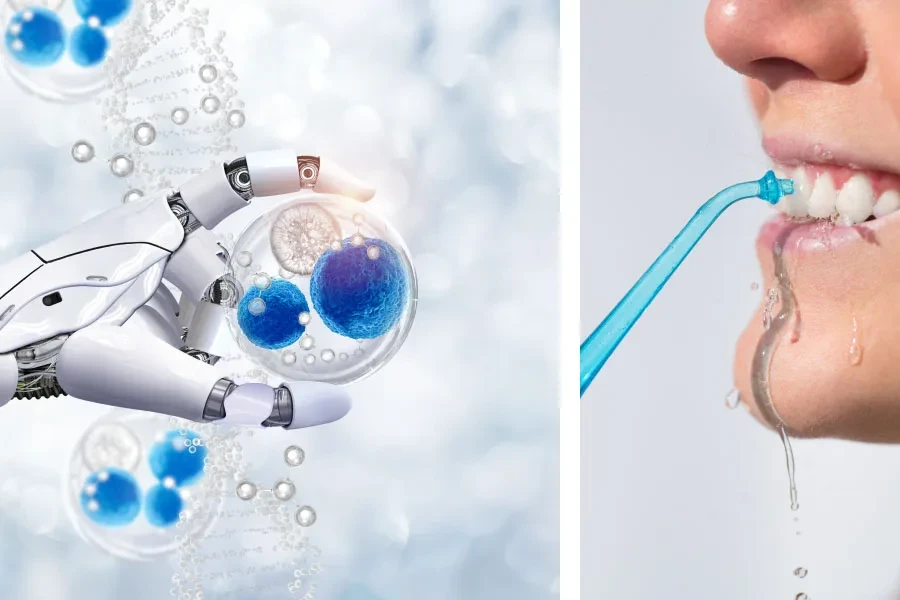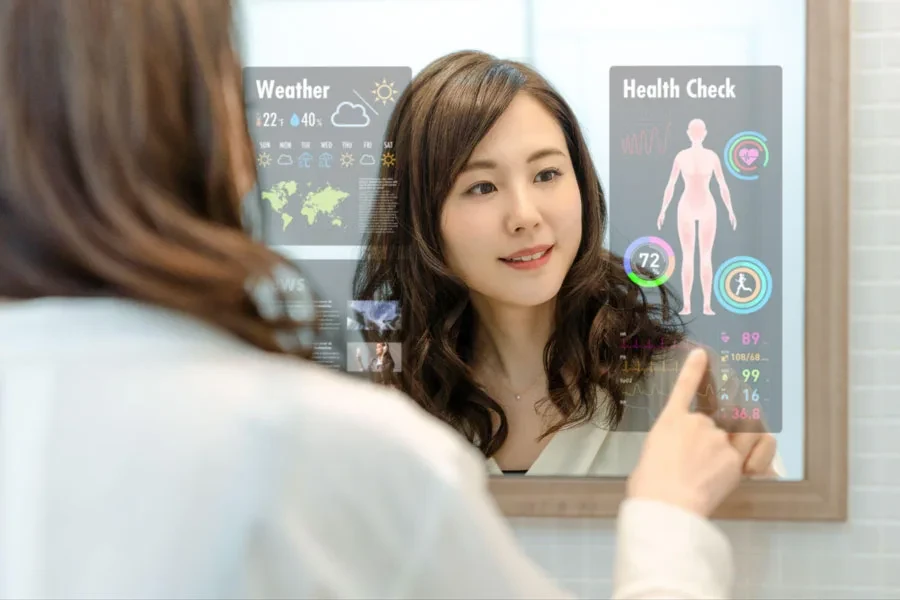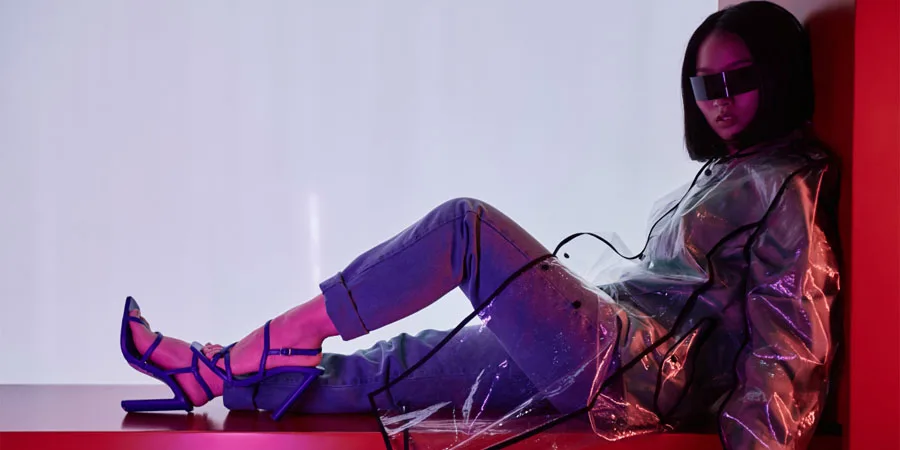The personal care industry is set for a significant transformation by 2026, with an emphasis on products that cater to individual needs and promote ethical values. From AI-driven innovations to breaking menstrual care taboos, the future of personal care is geared towards inclusivity, technology, and sustainability. This article explores the key trends that will redefine the personal care landscape in the coming years.
Table of Contents
Ai-giene: the rise of intelligent personal care
Seeing red: breaking menstrual care taboos
The age-old question: addressing cross-generational needs
Ai-giene: The Rise of Intelligent Personal Care
Artificial intelligence (AI) is revolutionizing the way we approach personal care. Brands are leveraging AI to create personalized products and enhance user experiences, making routines more efficient and tailored to individual needs. For instance, Oral-B’s Genius X Electric Toothbrush uses AI-powered motion sensors to learn the user’s brushing style and provide real-time feedback, ensuring a more effective clean.

Similarly, Flaus, the world’s first electric flosser, utilizes sonic vibrations to gently massage gums and reduce floss usage by 95%, addressing the common issue of flossing being seen as too time-consuming and difficult.
Seeing Red: Breaking Menstrual Care Taboos
Menstrual care is undergoing a significant transformation, with brands taking bold steps to address stigmas and promote inclusivity. In Japan, where discussing periods is often considered embarrassing, Unicharm’s #NoBagForMe campaign aims to reduce the shame associated with buying period products. In the US, Kotex partnered with Ogilvy to create Period Planet, a video game world that educates players about menstruation misinformation and stigmas.

Furthermore, efforts to tackle period poverty are gaining momentum, with brands like Lidl providing free period products to those in need, highlighting the industry’s commitment to making menstrual care more accessible and environmentally friendly.
The Age-Old Question: Addressing Cross-Generational Needs
Personal care is no longer confined to specific age groups; it is embracing an age-agnostic approach to cater to the needs of all consumers. Products are being designed to address cross-generational concerns, making personal care more inclusive and accessible.
An often-overlooked condition, incontinence affects millions of people worldwide, regardless of age. Brands like Cora and Jude are bringing attention to this issue with products such as the Free-to-Move Bladder Liners and Bladder Strength Supplements, which offer discreet and effective solutions, promoting confidence and comfort.

Moreover, personal care is extending its reach to cater to different life stages. Luna Daily, for instance, develops products that are suitable for pregnancy, postpartum, and menopausal stages, such as The Everywhere Spray-to-Wipe, which turns any tissue into a biodegradable wipe, ensuring freshness and hygiene for users in various stages of life.
As Gen Alpha begins to explore personal care, there is an opportunity for brands to establish healthy habits and create products that will carry into adulthood. Products like Miles deodorant are designed to meet the needs of teenagers and tweens without emphasizing traditional gender narratives, fostering inclusivity and individuality.
Conclusion:
The future of personal care in 2026 is shaping up to be a landscape where AI-driven innovations, inclusivity, and sustainability are at the forefront. Brands are increasingly recognizing the importance of catering to individual needs while addressing social taboos and environmental concerns. As we move towards this new era, it is clear that personal care will continue to evolve, embracing technology and ethical values to meet the diverse needs of consumers.




